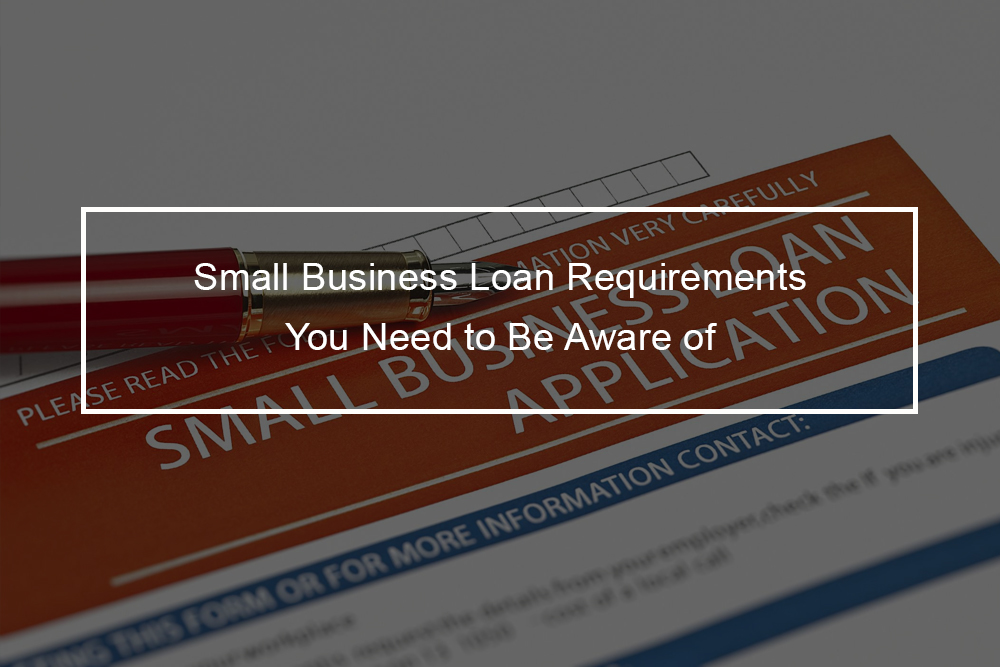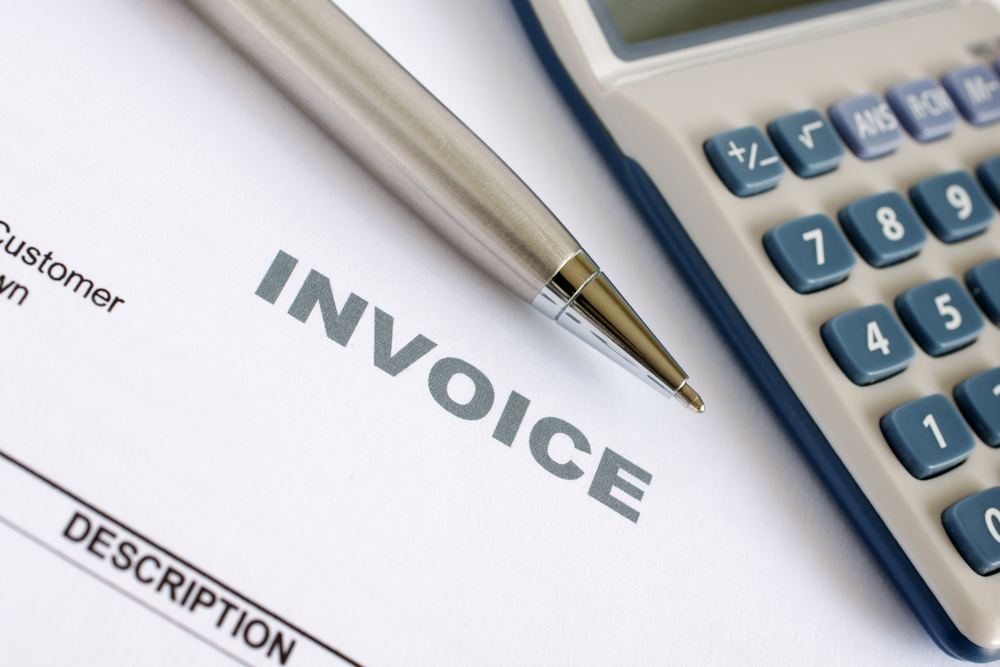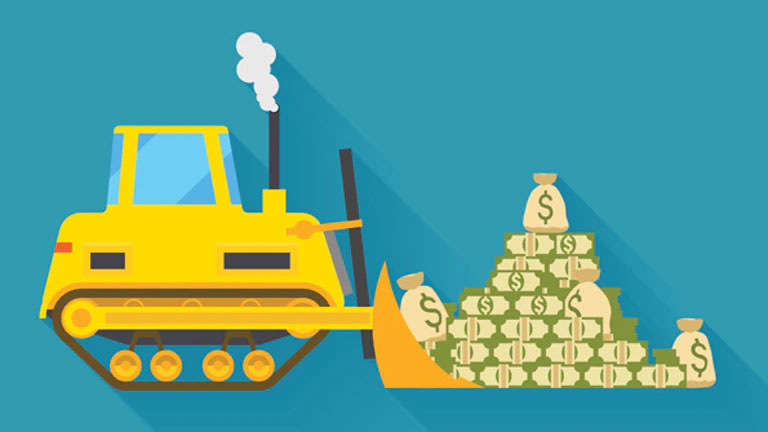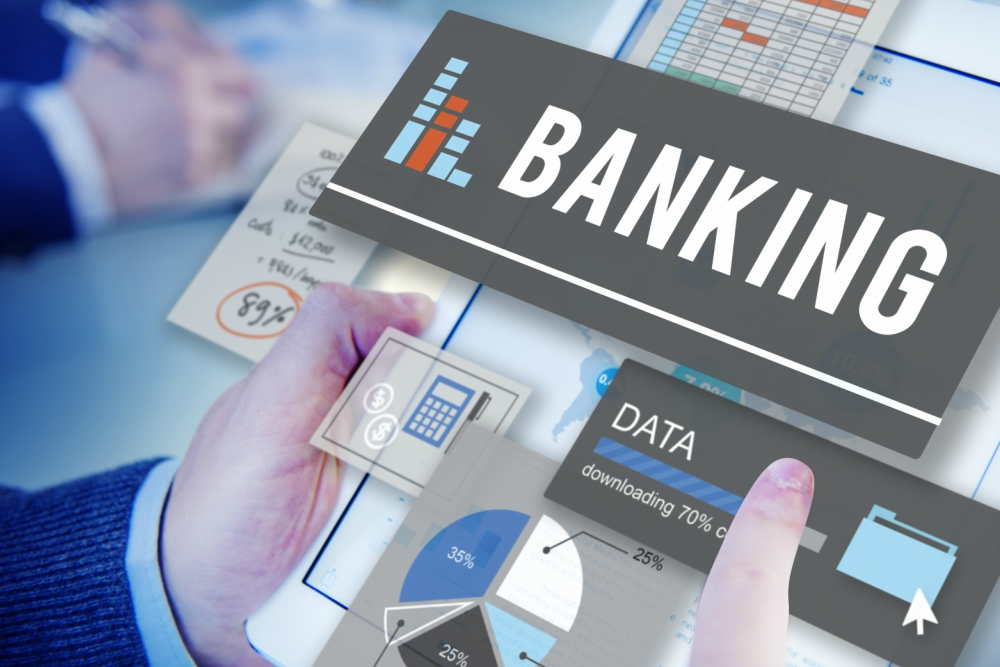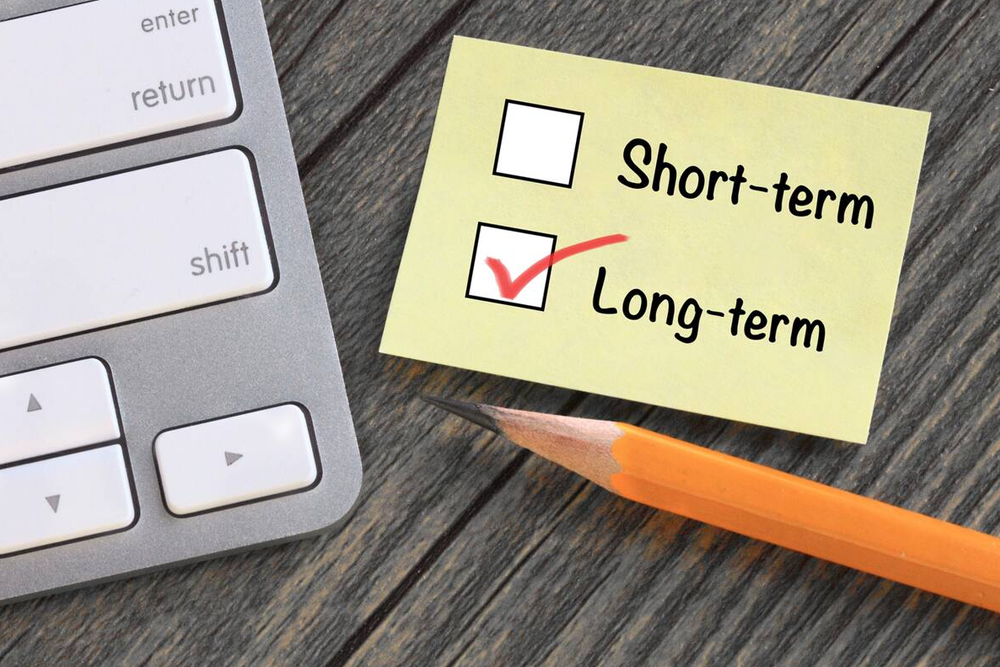
Small Business Loan Requirements and How to Meet Them
As a business owner, times can be difficult. If you find yourself wondering how to get a small business loan, you are not alone. Even when you manage to get some reliable advice (as you will in this post), the real process of applying for a business loan can prove to be challenging. One of the common reasons that a business owner might have a tough time getting a business loan is if they did not do any research on how to qualify for a business loan. Typically, there are some general rules that you should keep in mind when applying for a business loan: if you want to be part of business loan approval statistics. Luckily, you have come to the right place. Discover everything you need with this ultimate guide on how to qualify for a small business loan.
Establish strong personal and business credit scores
Your personal credit score evaluates your ability to repay personal debts such as a mortgage, car loans, and credit cards. It ranges from 300 to 850, and the higher, the better. You can get a free copy of your credit score report once in a year at AnnualCreditReport.com.
The FICO score is the most commonly utilized credit score model in lending decisions and is based on five factors. The five elements include: recent credit inquiries (ten-percent), types of credit in use (ten-percent0, how long you have had credit (fifteen-percent), the amounts owed on credit cards, and other debt (thirty-percent), and your payment history (thirty-five percent of your score). Small-business lenders need a personal credit score for applications since they need to see how well you can manage your debt.
To establish your credit score, you have to pay your bills on time. However, even when you pay your bills clockwork, credit report errors can damage your score. An analysis conducted by the Federal Trade Commission in 2012, discovered that four consumers identified damaging credit report errors. Nevertheless, the study found that four out of five consumers who filed a dispute got their credit report corrected. Follow-up research by the Federal Trade Commission discovered that twenty-percent of those consumers experienced an increase in their credit score after resolving mistakes. Ensure you check your credit score and dispute any inaccuracies you find via each of the three credit bureaus; website (TransUnion, Equifax, and Experian).
Generally, the business credit score ranges from 0 to 100. For businesses that are more established and need to apply for bank loans can check out their business credit scores at the three business credit bureaus: Dun&Bradstreet, Equifax, and Experian, and if you see any error on your reports, contact the bureaus.
Ways to build business credit include:
- Ensuring your information is current with all three credit bureaus
- Establishing trade lines with suppliers
- Making payments to creditors on time
- Borrowing money from lenders who report to credit bureaus.
More than likely, you will need an excellent personal credit and business credit score to qualify for a traditional or SBA loan from a bank; this depends on the individual lender and business factors like time in business, cash flow. And revenue. Generally, online lenders look at personal credit scores; however, they can be more lenient when it comes to credit score requirements since they place more emphasis on your track record and business’s cash flow.
Know the lender’s requirements and qualifications
Meeting a lender’s minimum requirements and qualifications will make you a stronger applicant. Some lenders might provide some flexibility if you are underperforming in one sector but overperforming in another; however, your best chance of being approved is meeting or even exceeding all of their minimums qualifications. Typically, borrowers need to meet minimum criteria associated with credit scores, years in business, and annual revenue. And generally, lenders do not delight in bankruptcies and other past delinquencies.
If you are looking for business loans backed by the United States Small Business Administration, you must meet additional SBA loan qualifications. Your business should meet the SBA’s size standards since these loans are only for small businesses. Typically, borrowers need to have strong business revenue and personal credit and must be current on all government loans and no past defaults. So if you have been late on a government-backed mortgage or a federal student loan, you will be disqualified.
You cannot be on the SBA’s ineligible business list, which incorporates life insurance companies, financial businesses like estate investing, and banks. Also, your business must operate as a for-profit company.
Qualifying for online lenders can be simple. Even though online lenders generally underwrite loans depending on traditional factors such as cash flow, annual revenue, and credit scores, the loans carry less stringent requirements than SBA loans. For instance, some online lenders might qualify you even without an established business or strong credit, and the lender may be more tolerant of a current bankruptcy. On the downside, this ease and speed of qualification generally come with a more costly loan.
Gather your legal and financial documents
Banks and other traditional lenders generally ask for various legal and financial documents during the application process. The last thing you will need to do when applying for a small loan is scrambling at the last minute to gather the necessary legal and financial documents. That is mainly true when you want to get a fast business loan. The documents you will need include:
- Financial estimations if you have a limited operating history
- A resume that shows relevant business experience and management
- Articles of incorporation
- Business licenses
- Commercial leases
- A photograph of your driver’s license
- Business and personal bank statements
- Income statement and balance sheet
- Business and personal income tax returns
Note that these requirements can make getting a bank loan time-consuming. That might not be an issue if you are in the market for a long-term business loan to fund a major investment. Nevertheless, if you need money quickly, online lenders might be a better fit since they can offer a streamlined online application process with fewer documentation requirements and faster underwriting. If you have strong business finance and good credit, some online lenders might provide you with rates comparable to those for bank loans.
Create a solid business plan
Lenders will need to know how you plan to use the money they give you and that you can repay the loan. They might need a strong business plan that details the loan’s aim and how you expect it to help you increase the profit.
Your business plan should incorporate projected, and the current financials, and clearly demonstrate that your business will have the adequate cash flow to cover the new loan payments and the ongoing business expenses. This can give the lender more trust in your business and increase your chances of loan approval. Your business plan should include the following:
- SWOT analysis (Strengths, Weaknesses, Opportunities, Threats)
- Promotional, sales and marketing strategy
- Facilities and operations plan
- Industry analysis
- Management team
- Service or product description
- Company description
Provide collateral for the loan
To qualify for a small-business loan, you might have to offer collateral to back the loan. Collateral is an asset, like inventory, real estate, or equipment that can be seized and sold by the lender in the event you are unable to make payments. Generally, it is a way lenders can recover their money if your business fails. SBA loans need adequate collateral for security on all loans and a personal guarantee from every owner of twenty-percent or more of the business. A personal guarantee puts your personal assets and credit score on the hook.
Some online lenders do not need collateral, but they might need a personal guarantee. Others can take a blanket lien on your business assets- virtually another kind of collateral- offering the lender the right to take your business assets (equipment, inventory, real estate) to recoup an unpaid loan. Every lender has its own requirements, so do not be afraid to ask questions if you are not sure. If you do not have collateral to get a business loan or do not want to take on the risk of losing business or personal assets, unsecured business loans might be a better option.
Choose the right loan type
One of the greatest mistakes that small business owners make when applying for a business loan is selecting the wrong kind of business financing. If you need to know how to qualify for a business loan, you will want to remember this step. Business owners that need to buy equipment should apply for equipment financing. If you want to get a vehicle to use for business purposes, then apply for commercial vehicle financing when it comes to unpaid invoices, you would wish to apply for invoice factoring, and so on.
There are various business financing types since there are so many reasons that business owners require additional funding. Whereas some business loans have specific purposes, other kinds of business loans, such as unsecured business loans, enable a flexible range of uses. It is best to investigate every type of funding option (and how to qualify for the loan) before applying for a business loan. That way, you do not waste time attempting to obtain a solution that might not address your financial problem.

